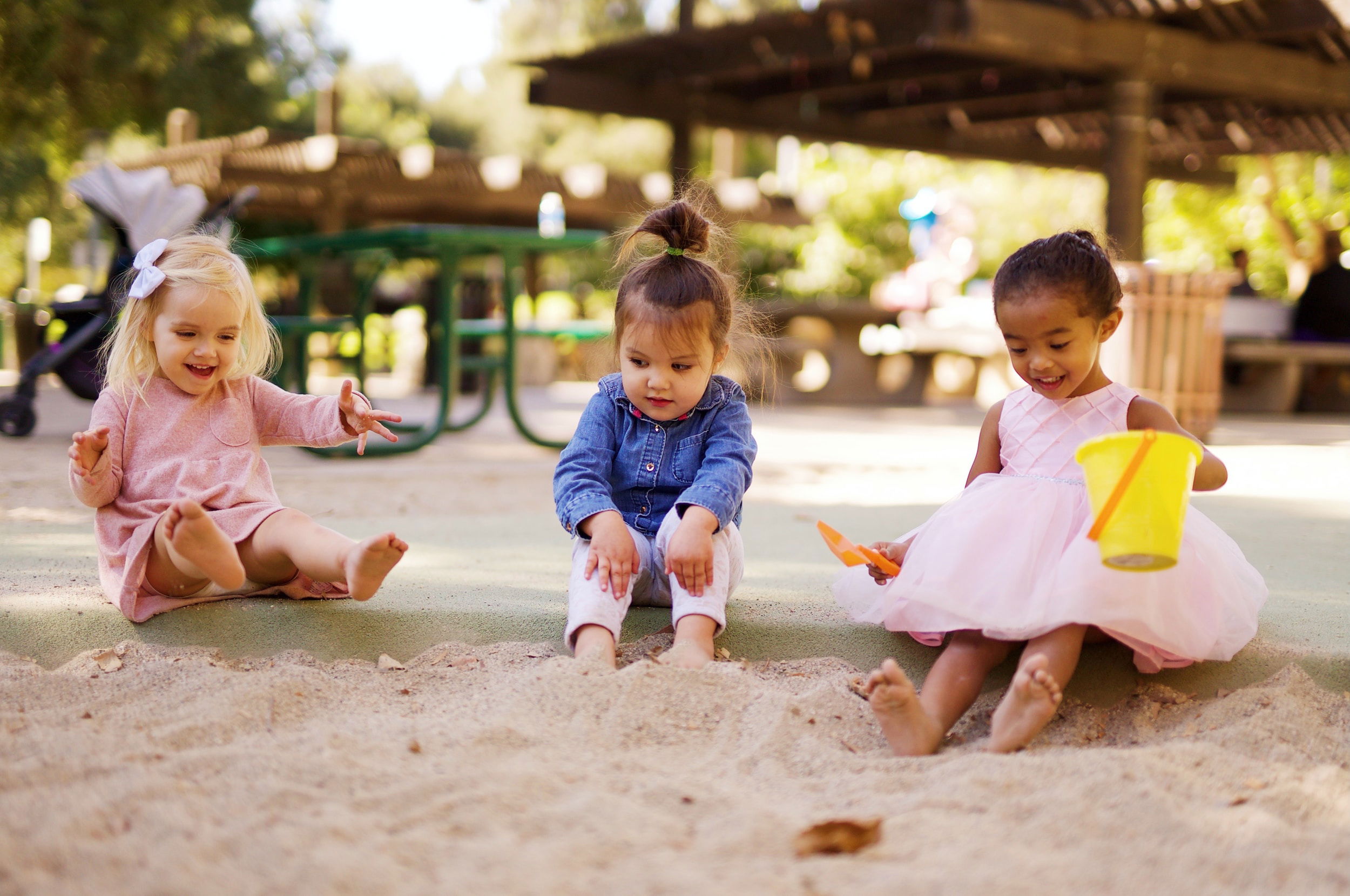The Play-Brain Connection: How Play Shapes a Child's Cognitive Development
Play is a fundamental aspect of childhood, and it has a profound impact on a child’s brain development. Play helps to build cognitive, emotional, social, and physical skills, which are critical for a child’s success in school and beyond. In this essay, we will explore the ways in which playing affects a child’s brain development.
Firstly, playing helps to build cognitive skills, such as problem-solving, attention, and memory. Through play, children learn to explore their environment, experiment with different ideas, and solve problems. Play helps to develop executive function skills, such as self-control, planning, and decision-making, which are essential for academic success. Studies have shown that children who engage in free play have better cognitive flexibility, creativity, and academic performance.
Secondly, playing helps to build emotional skills, such as empathy, self-regulation, and resilience. Through play, children learn to understand and regulate their emotions, and to develop empathy and compassion for others. Play helps to develop emotional regulation skills, such as self-soothing, self-talk, and coping mechanisms, which are essential for mental health and well-being. Studies have shown that children who engage in free play have better emotional regulation, empathy, and social competence.

Thirdly, playing helps to build social skills, such as communication, cooperation, and negotiation. Through play, children learn to communicate their needs and desires, to negotiate and resolve conflicts, and to develop teamwork and collaboration skills. Play helps to develop social competence skills, such as social awareness, perspective-taking, and relationship-building, which are essential for success in school and in life. Studies have shown that children who engage in free play have better social skills, peer relationships, and academic performance.
Finally, playing helps to build physical skills, such as gross and fine motor skills, coordination, and balance. Through play, children develop their physical abilities, and learn to control their movements and manipulate objects. Play helps to develop physical literacy skills, such as body awareness, spatial awareness, and motor planning, which are essential for physical health and well-being. Studies have shown that children who engage in physical play have better physical health, motor skills, and academic performance.
In conclusion, playing is essential for a child’s brain development, and it has a profound impact on their cognitive, emotional, social, and physical skills. Through play, children learn to explore their environment, experiment with different ideas, and solve problems. They develop executive function skills, emotional regulation skills, social competence skills, and physical literacy skills, which are essential for success in school and beyond. Therefore, parents and caregivers must prioritize play in their children’s lives, and provide them with opportunities for free play, physical play, and social play, to support their growth and development.